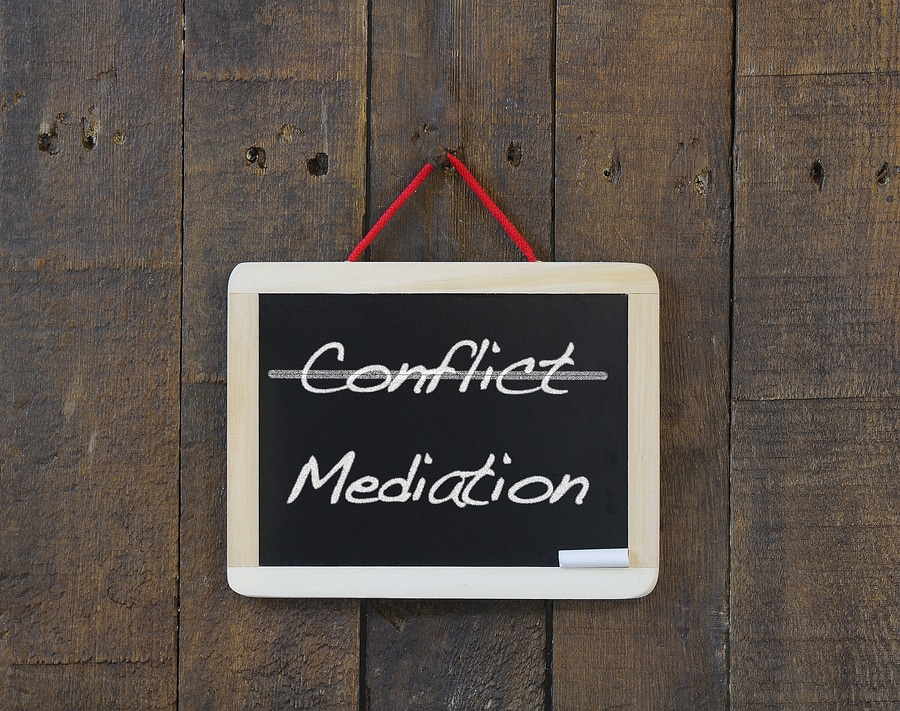Mediation is the rule or expectation before any civil trial. In fact, the Indiana Supreme Court has ruled trial courts can order mediation prior to a trial, such a permissible pre-requisite trial. This is not an unconstitutional denial of access to courts because trial courts can always hear things on an emergency and waive this requirement that is a local rule in most counties.
Statistically, most mediations resolve even complex civil cases, including highly contested divorce cases. To make the most of any mediation, there are several keys points to remember and embrace before and mostly during mediation. These are explored in this blog post.
First, everyone has someone they are more likely to listen to. It is key that the mediator fit the needs of the party. The sex, age and background of mediator may make a difference, even if at unconscious level. Therefore, ample consideration should be given to the views of both of the parties to match the right mediator to the mediation at hand. A mediator with extensive experience may not be the best fit for resolving a divorce case. However, if the divorce case involves a family owned business, that may be the exact fit for the mediation. Each variable may impact the relative success of the mediation.
Second, a prudent litigant listens to the mediator carefully. The mediator will be able, within the confines of the mediation rules, to relay the “sticking” points to the case. These may be issues never considered by you before, but with such understanding, may facilitate settlement. In other words, the legal process, emotions, and other variables associated with mediation sometime obscure obvious ways to settle the case, but are misunderstood or unknown.
Third, and perhaps most importantly, every party in mediation must be patient. Mediation creates amazing results because the parties are in control of the agreement reached. However, most times, mediation is a slow process because it takes learning the other side’s position and then negotiating between worst and best case outcomes at court. Most litigants do not immediately get to their bottom line, or even know it, until the mediation is proceeding.
Fourth, each party should be open-minded in mediation. Mediation and agreements reached there can come to terms that a trial court does not have the authority to order. For instance, saying “I am sorry” can be done a mediation. Or the parties can agree to terms and a structure a court cannot order. Thus, be open to creative, and non-legal solutions to the issues. About the only limits of a mediated agreement a court will not approve relates to some agreement to custody that is not in the children’s best interest.
Fifth and finally, you should realize that mediation, even the most trying one, can be used to settle part of the issues or agree to evidence or values or otherwise that would avoid a lot of legal fees and trial court time. Thus, there is almost always benefit from mediation with the right mindset, preparation and thinking outside the box. Therefore, go into mediation expecting the impossible. Often this happens. This is the magic of mediation.
This blog post was written by attorneys at Ciyou & Dixon, P.C. who handle mediations in civil cases across the State of Indiana. It is intended for general educational purposes and not as specific legal advice. It is best thought of as an advertisement.








